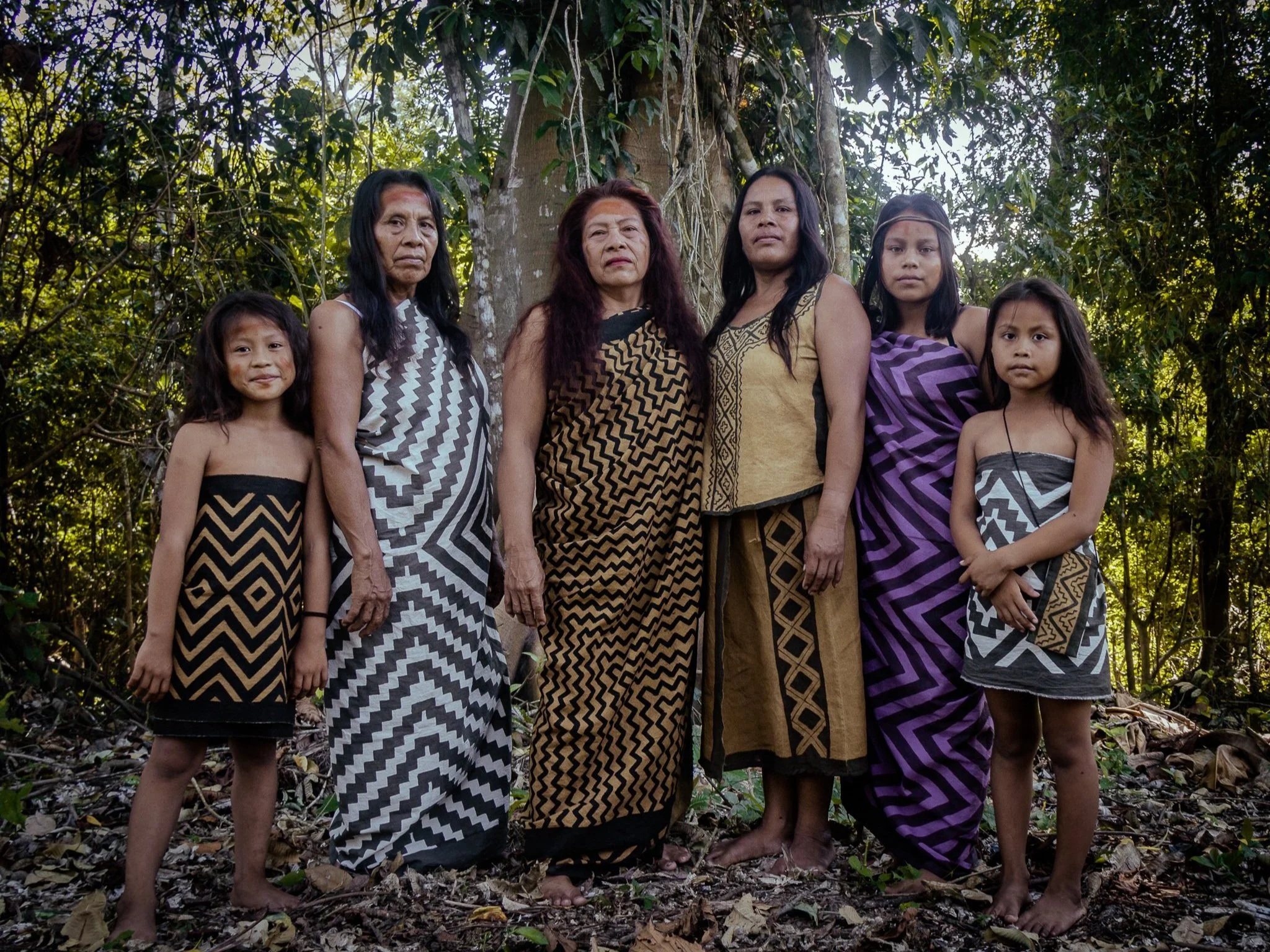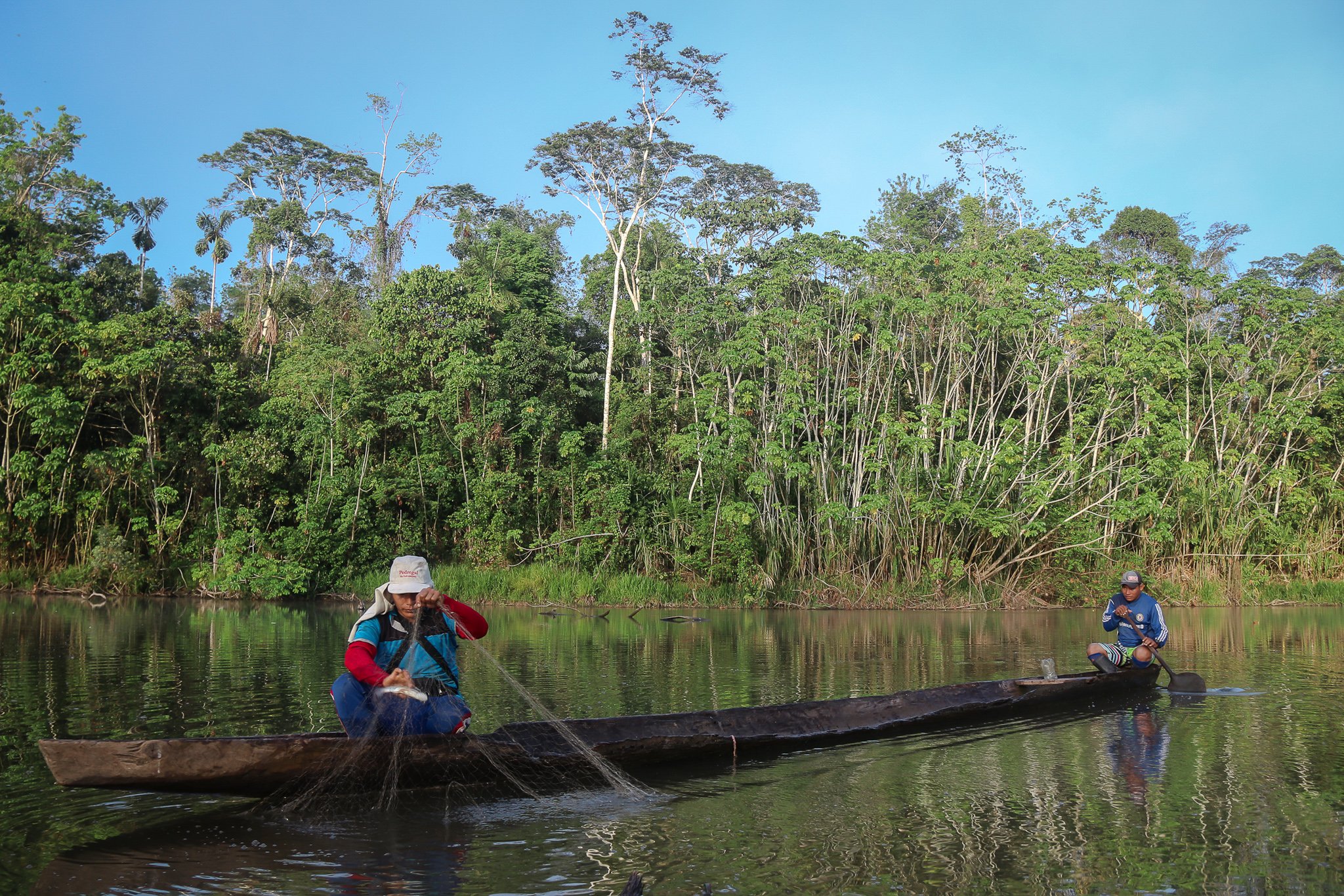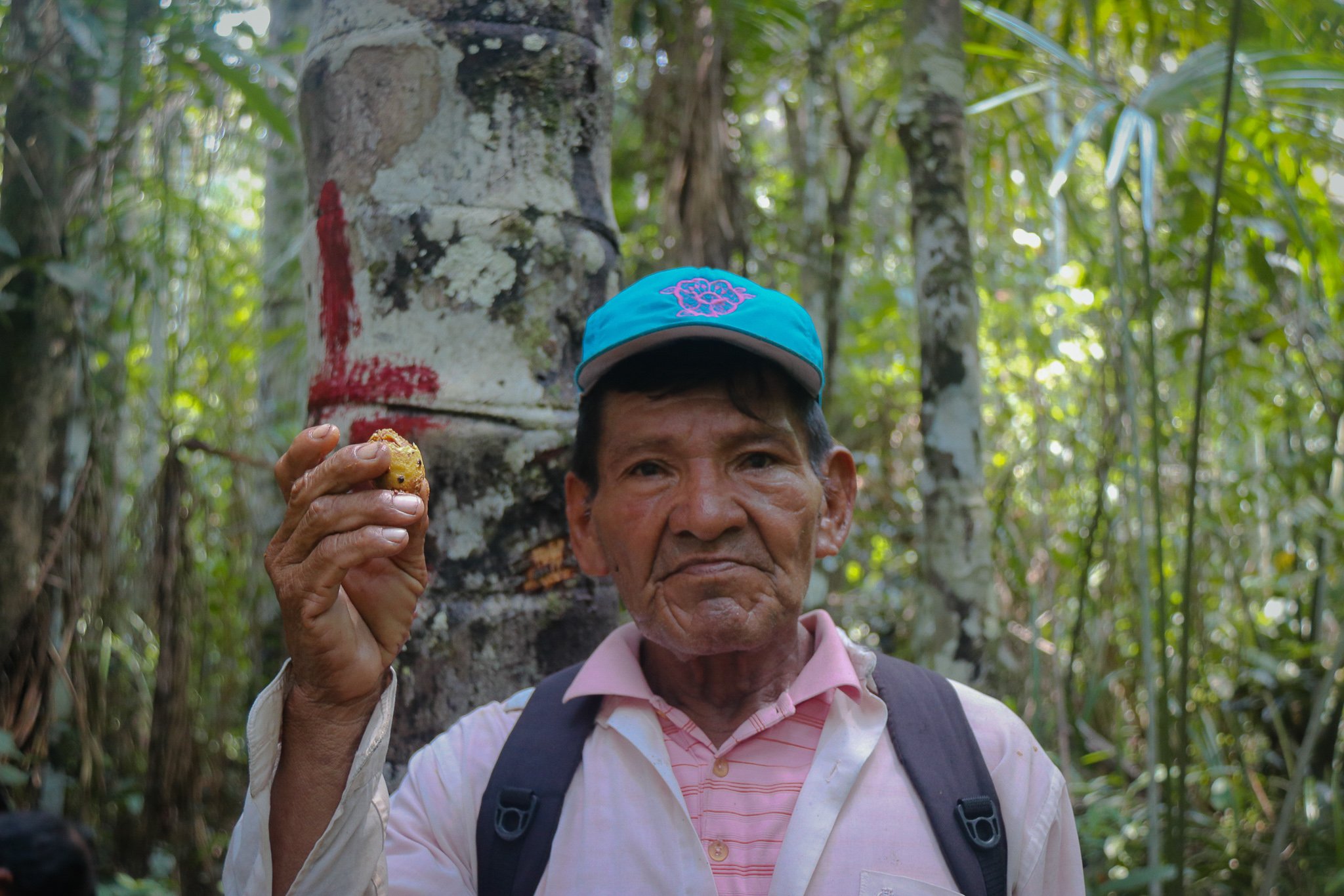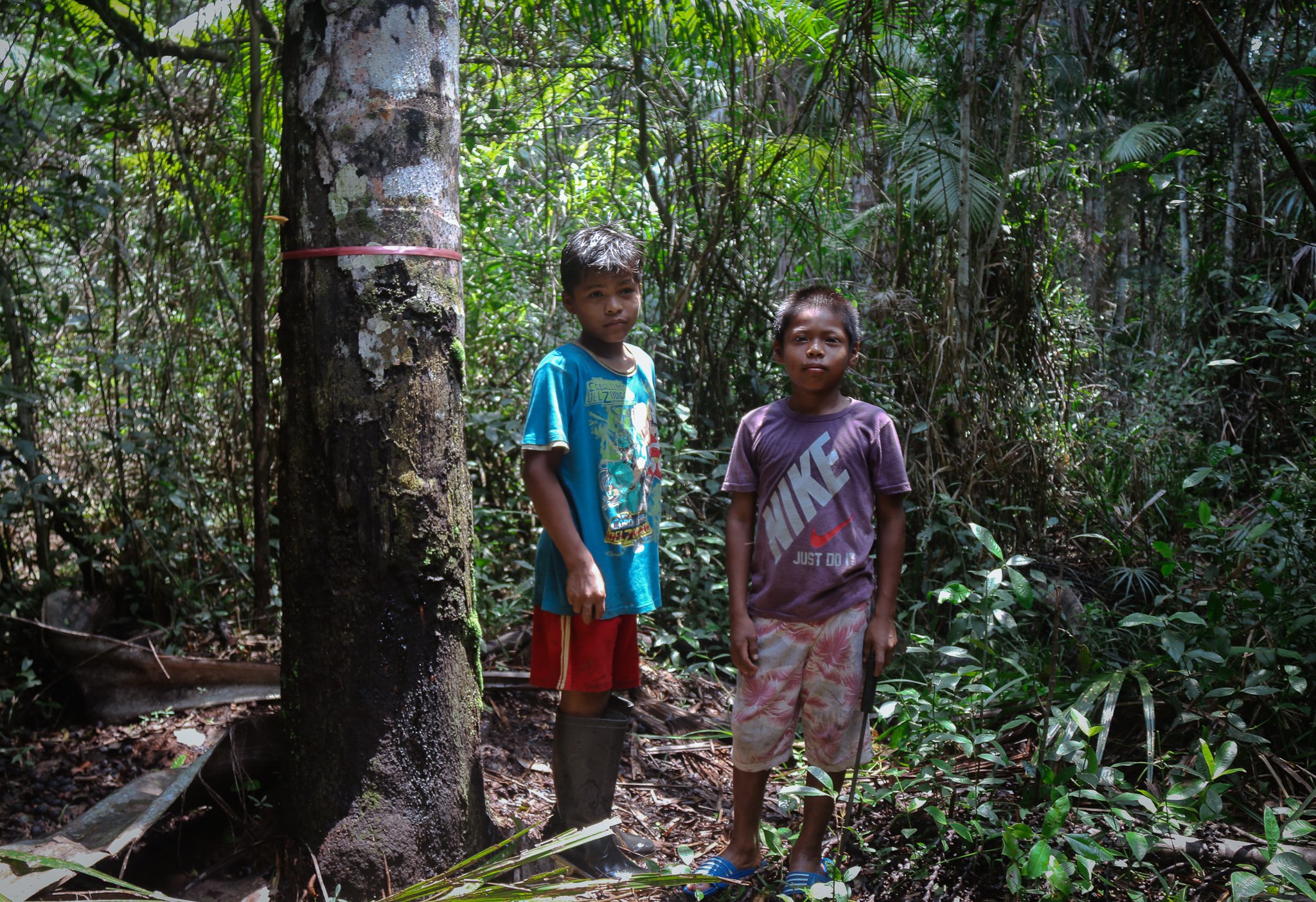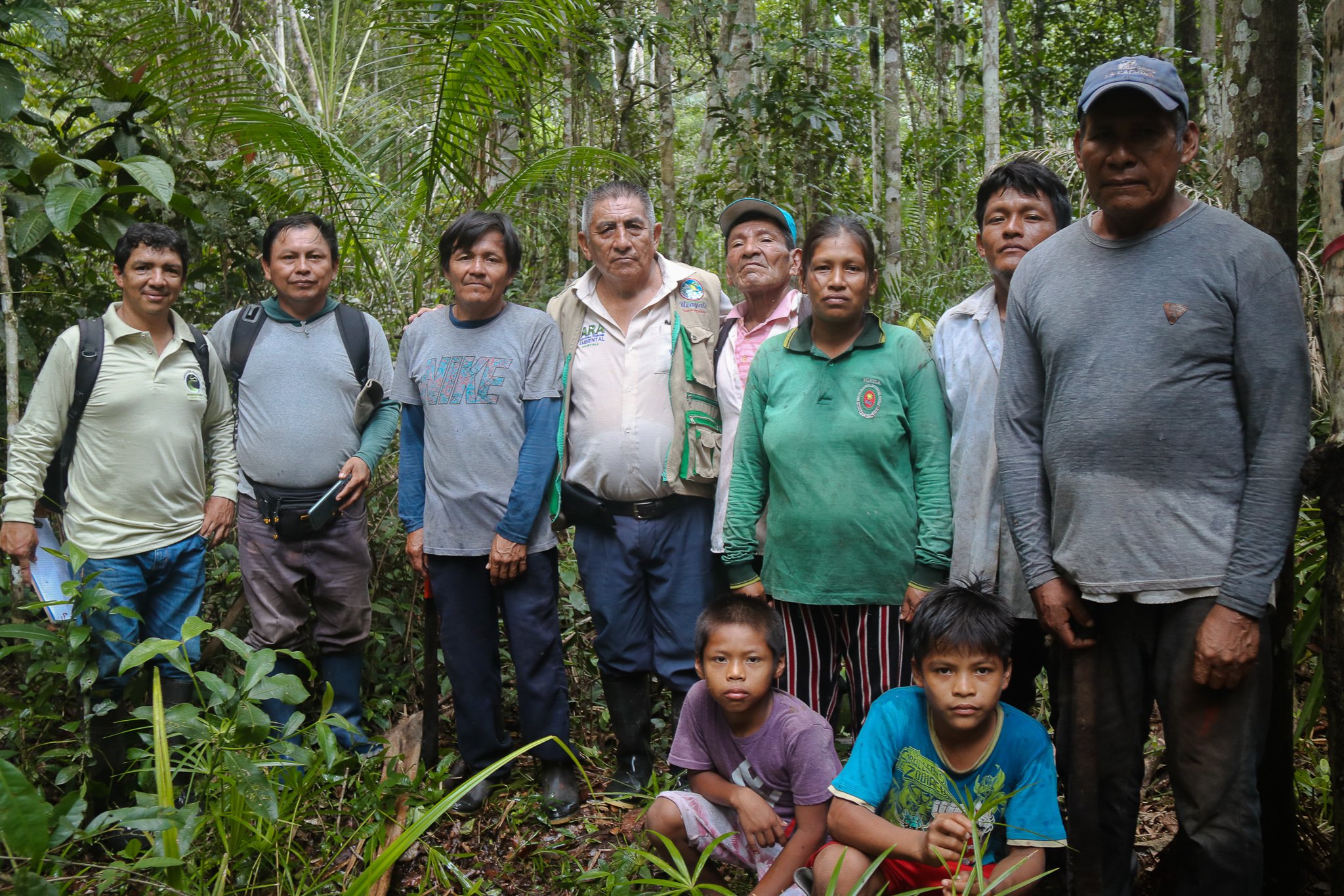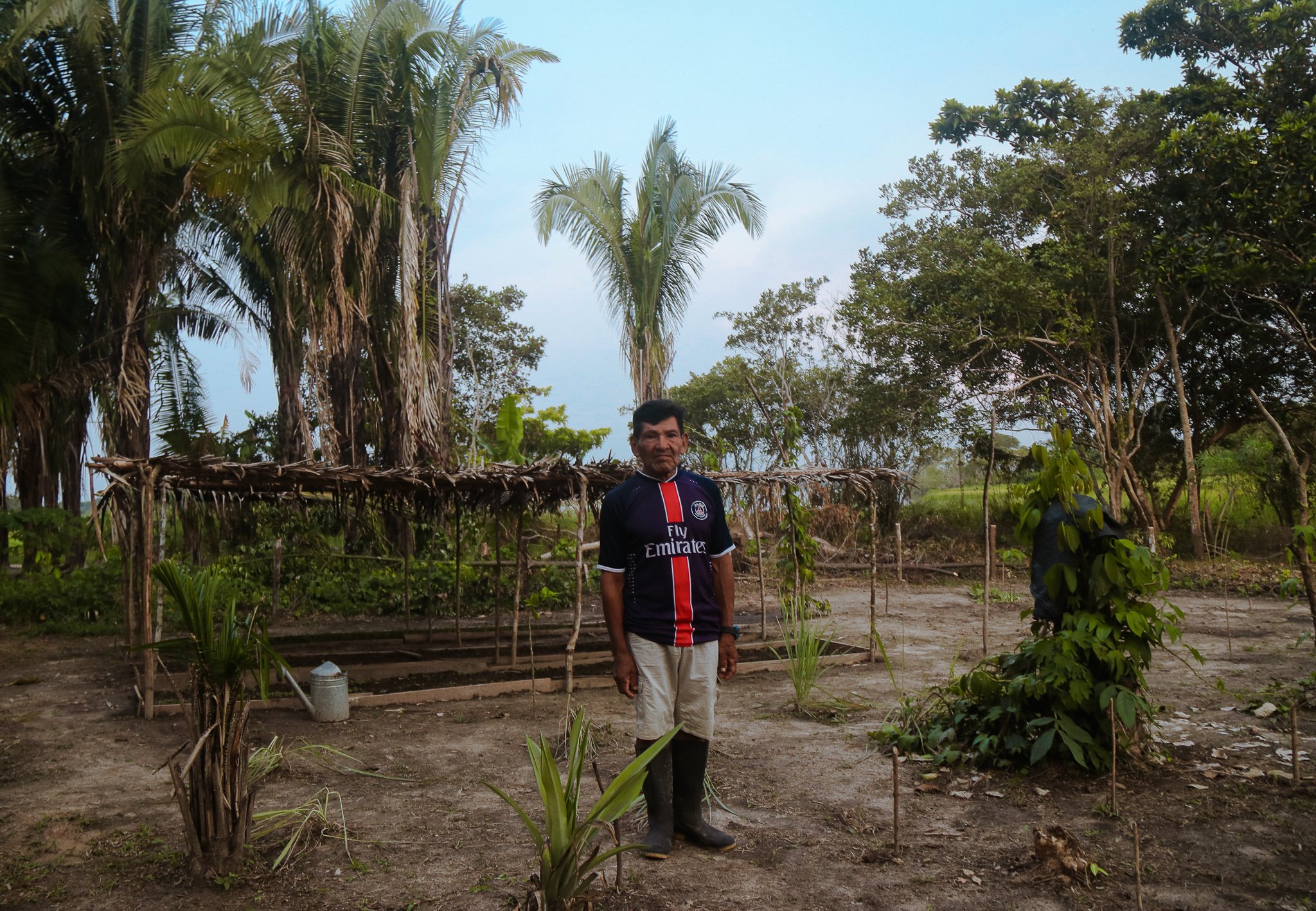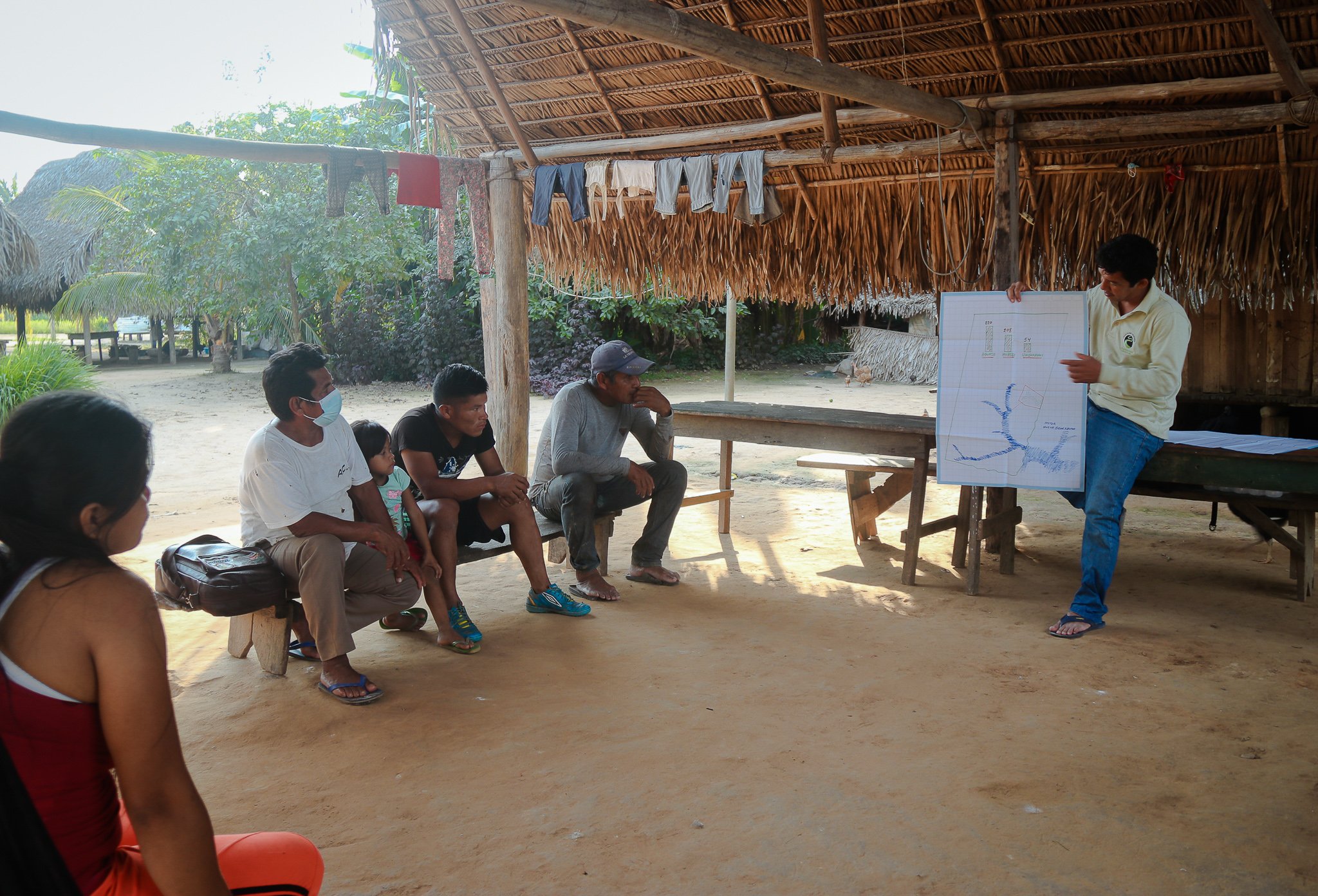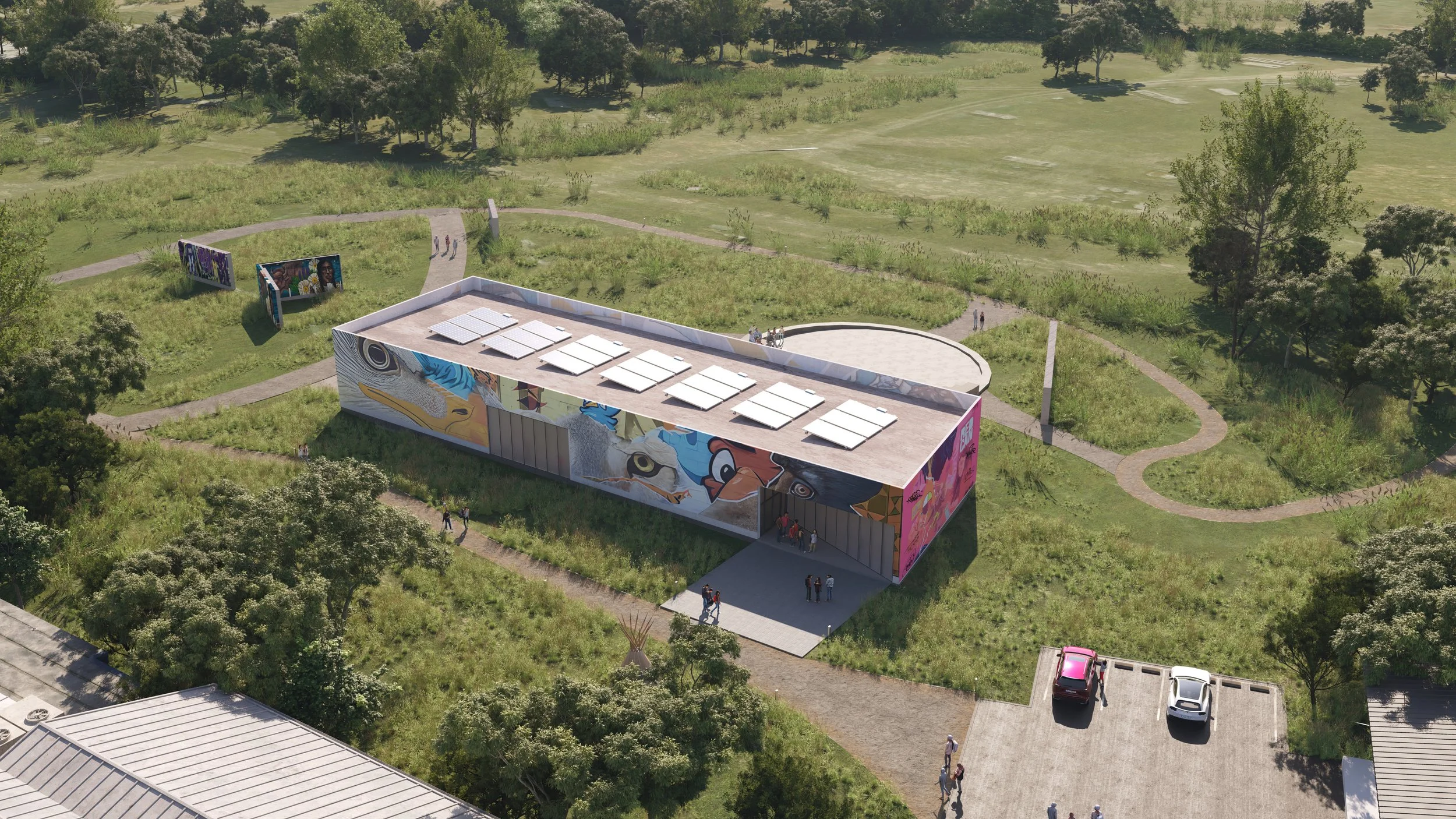Impact Spotlight
Increased economic opportunity for four remote villages in the Peruvian Amazon
Reduced carbon footprints and dependence on fossil fuels
Forest management training for Indigenous land stewards
About
The remote Imiría Regional Conservation Area in the Peruvian Amazon is constantly under threat from illicit activities that harm both the forests and the local inhabitants, the Shipibo-Conibo Indigenous communities. Made up of four remote villages, the Shipibo-Conibo have limited access to services and are fully reliant on diesel and firewood for their energy needs.
The Shipibo are one of the largest indigenous groups in Peru, and are mainly settled in the Ucayali region, in the Peruvian jungle. Despite their abilities as artisans and fishermen, they have not received state support to build their skills as producers and improve their income.
“Aguaje fruits feeds us but it is also important for sale. If we don’t take care of it, it will end [...] we must make better use of it for the benefit of our families.”
HF Partnership
Working in collaboration with the Shipibo-Conibo, Asociación ProPurús will install a solar-powered community processing center with clean water access and equipment for the production of aguaje pulp, a fruit native to the area. Residents will be trained on the operation and maintenance of the systems and a locally elected committee will be fully responsible for the facilities operation. Additionally, tailored training on commercial marketing will compliment the community’s ability to process, package, refrigerate, and sell the aguaje pulp for a more profitable price, increasing available income.
Resources
In the News

